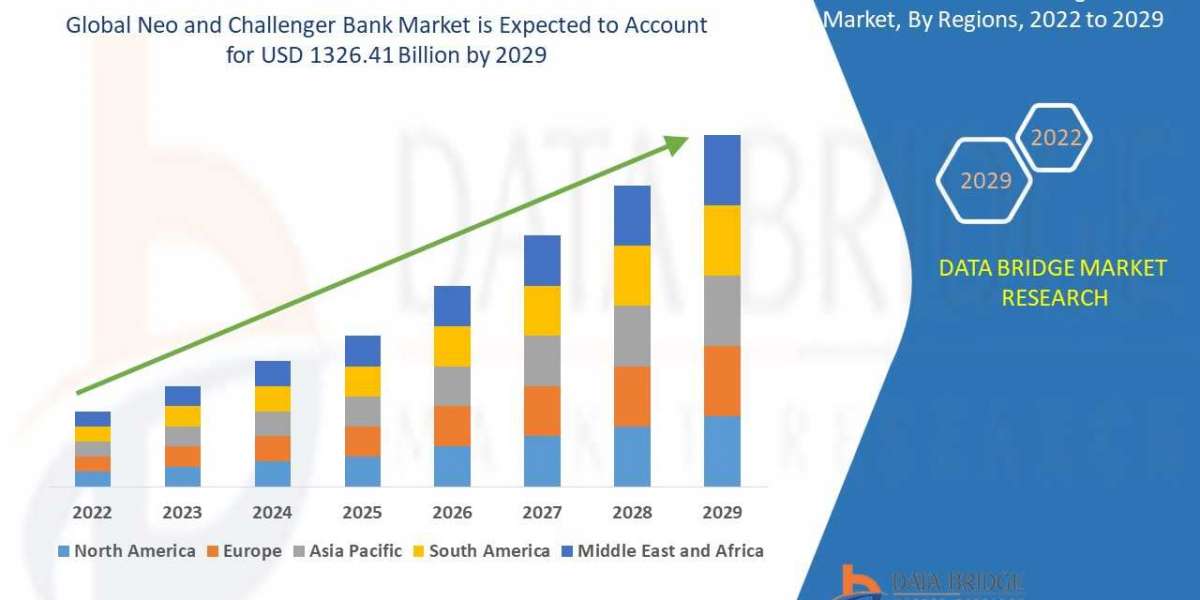Is scaling up always the right route for an entertainment company? Over the last decade, it certainly has been the go-to move. However, with changing economic circumstances as well as growing media regulation, the era of mass media deal-making may be coming to an end. That could be great news for the industry! Our Blake & Wang P.A. entertainment lawyer Los Angeles, Brandon Blake, offers his expert opinion.
A Changing Landscape
A lot has changed since we first saw the media megamerger make headlines. Rising concerns over a handful of studios acting as the final, and only, arbiters of what gets made, what people can watch, and how they watch it, have finally made their impact.
Of course, we have still seen major deal talk— just look at the current speculation around Paramount Global and Warner Bros. Discovery, once it can once again enter the deal-making space in April this year. However, this rising regulatory interest, the tightening of previously lax antitrust enforcement, and a general bid to foster competition make this kind of massive merger less appealing than it once was. After all, they aren’t guaranteed to pass court scrutiny anymore!
A Cornerstone of the Economy
The entertainment industry is a lifeline for the American economy, as well as a cornerstone of our cultural life. So it is understandable that a move to boost competitiveness and prevent deal-making that harms the overall dynamism of the industry would be seen as a benefit to the American economy overall. Especially on the heels of a spate of “sweetheart deals” for network partners and content shelving for little other than tax write-offs (yes, we are looking at you, Warner Bros. Discovery). The phenomenon is called a “monopsony”, where a buyer with over-sized market pulling power can thus compel goods and services/labor at under their fair market value. Now, of course, we have the intrusion of “big Tech” companies into the space to navigate— an industry expecting a wave of AI-based antitrust suits over the next few years, too.
Take-it-or-leave-it deals do nothing to boost the independent film industry, either. There’s no value in “deal-making” if there’s only one deal on the table, just under different branding! Focusing on widening and diversifying the options for low— and middle-budget films again would be incredibly valuable for the industry as a whole. We saw that these titles consistently turned in fabulous (for their budget points) results at the 2023 box office.
While the heightened threat of litigation may seem “scary” for the industry as a whole, there are many potential upsides in swinging away from the megamerger model once again. Especially for an industry where the larger players are (mostly) struggling to make it into the black on their balance sheets and the lines between studio and distributor have blurred to nothing. Returning leverage to negotiate to the bargaining table will never be a bad thing for smaller industry players— and we already know how vital they are to the industry. Additionally, encouraging a diversity of top decision-makers, rather than the same handful of vertically-integrated “big bosses” controlling all deal-making, will help keep (and even return) vibrant, fresh film and TV to the table— something viewers are actively seeking.
There are many lessons to learn from the megamerger era— and one of them is definitely when too much consolidation becomes a throttle on growth rather than a promoter of it. It seems we are already at that watershed moment. It will be intriguing to see what happens next, but the entertainment industry as a whole is likely to benefit greatly from it.







